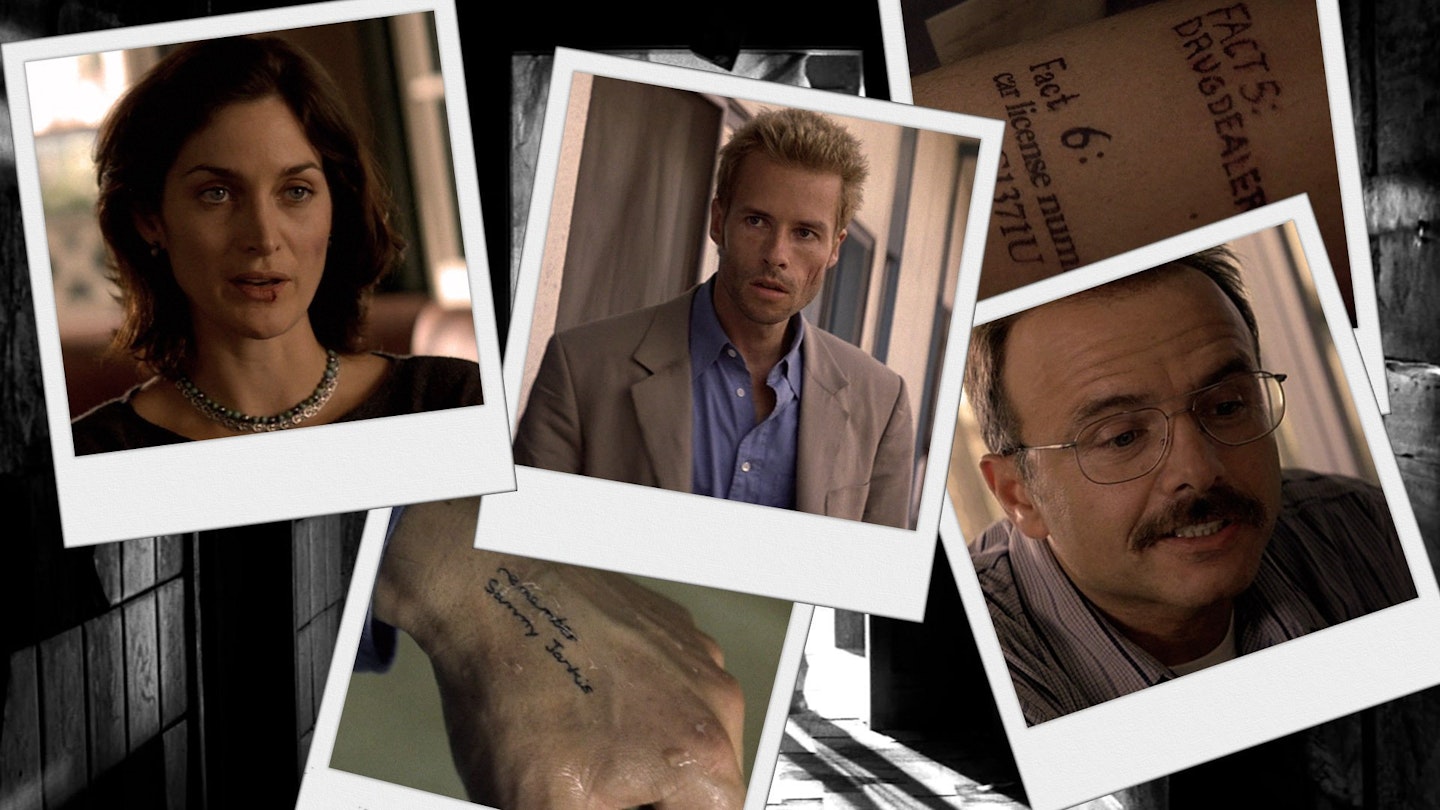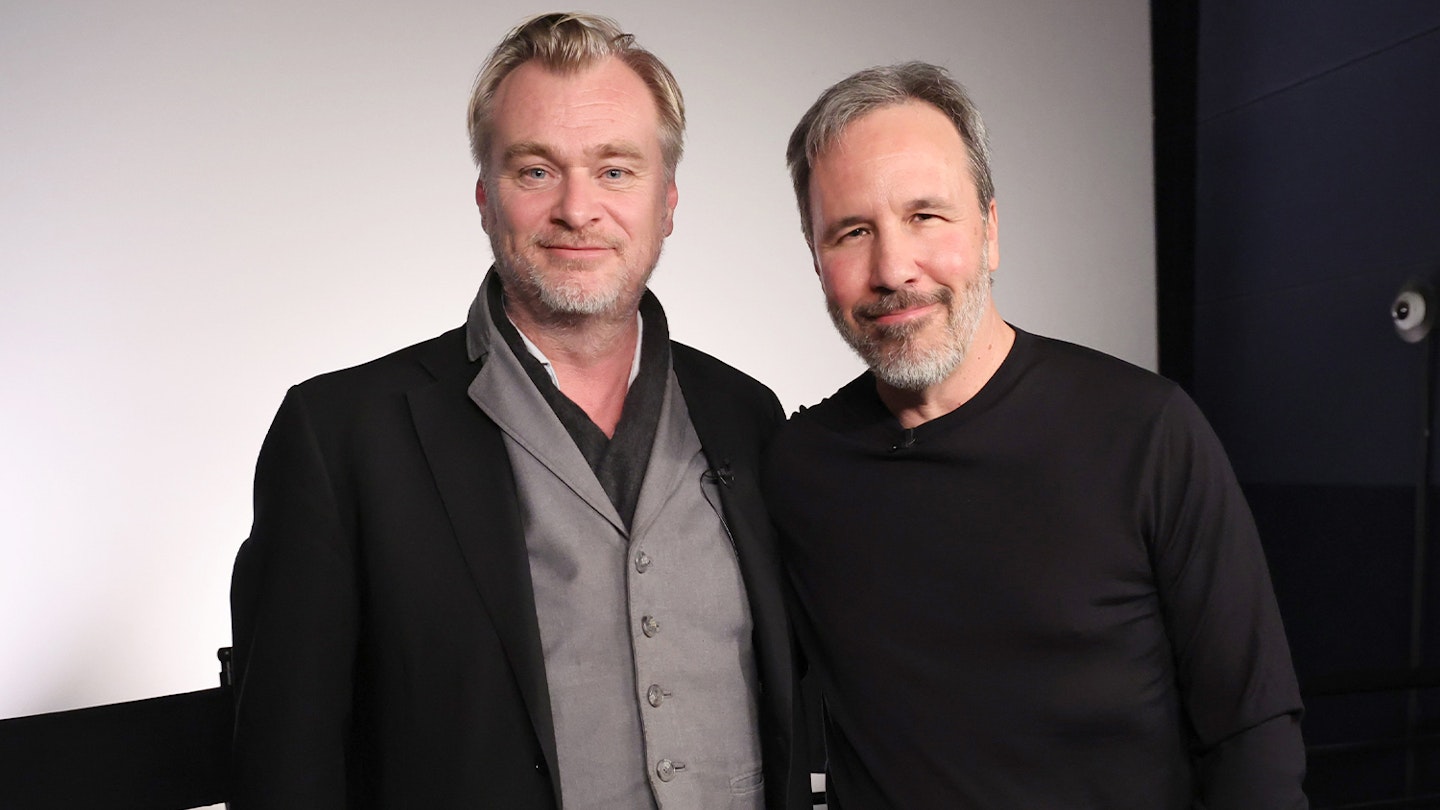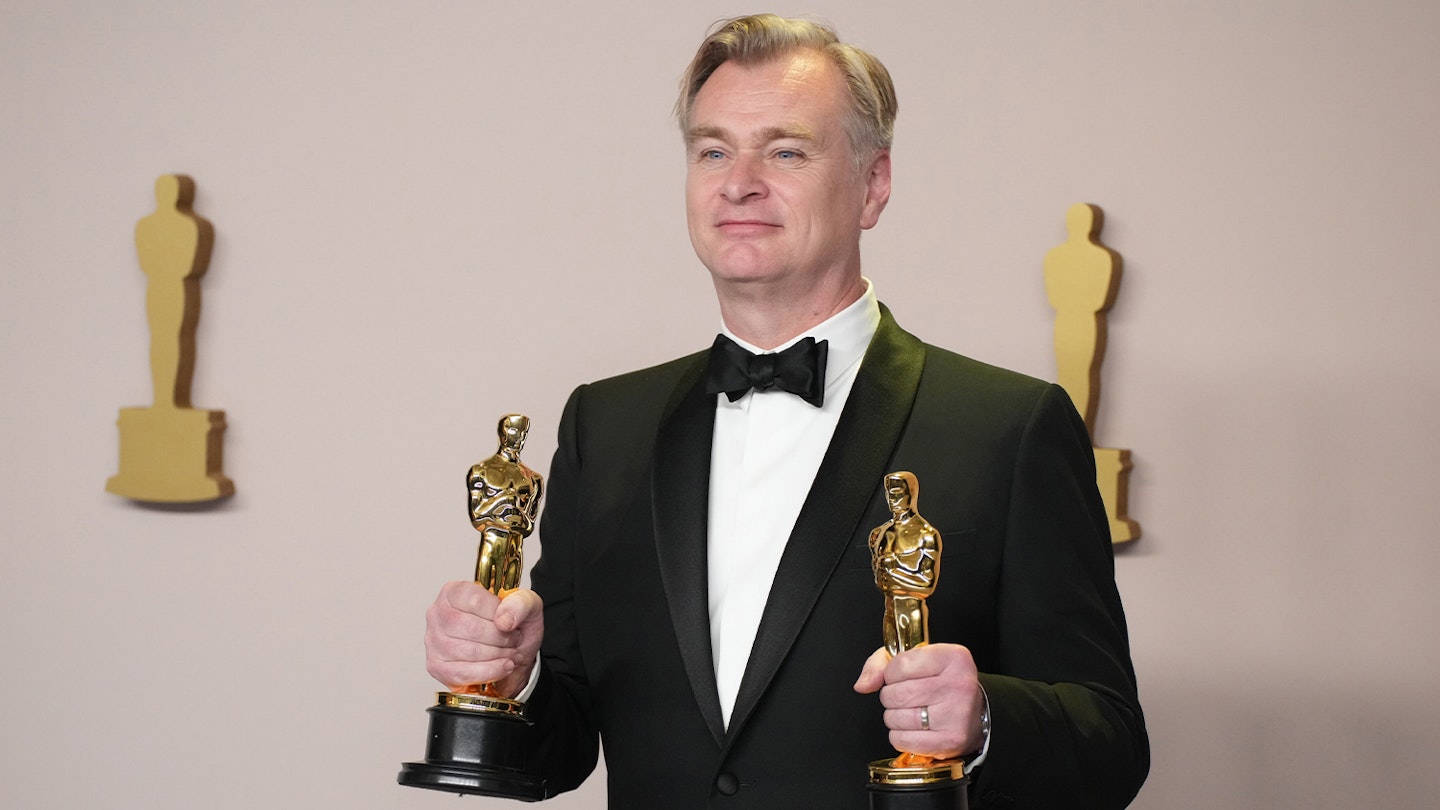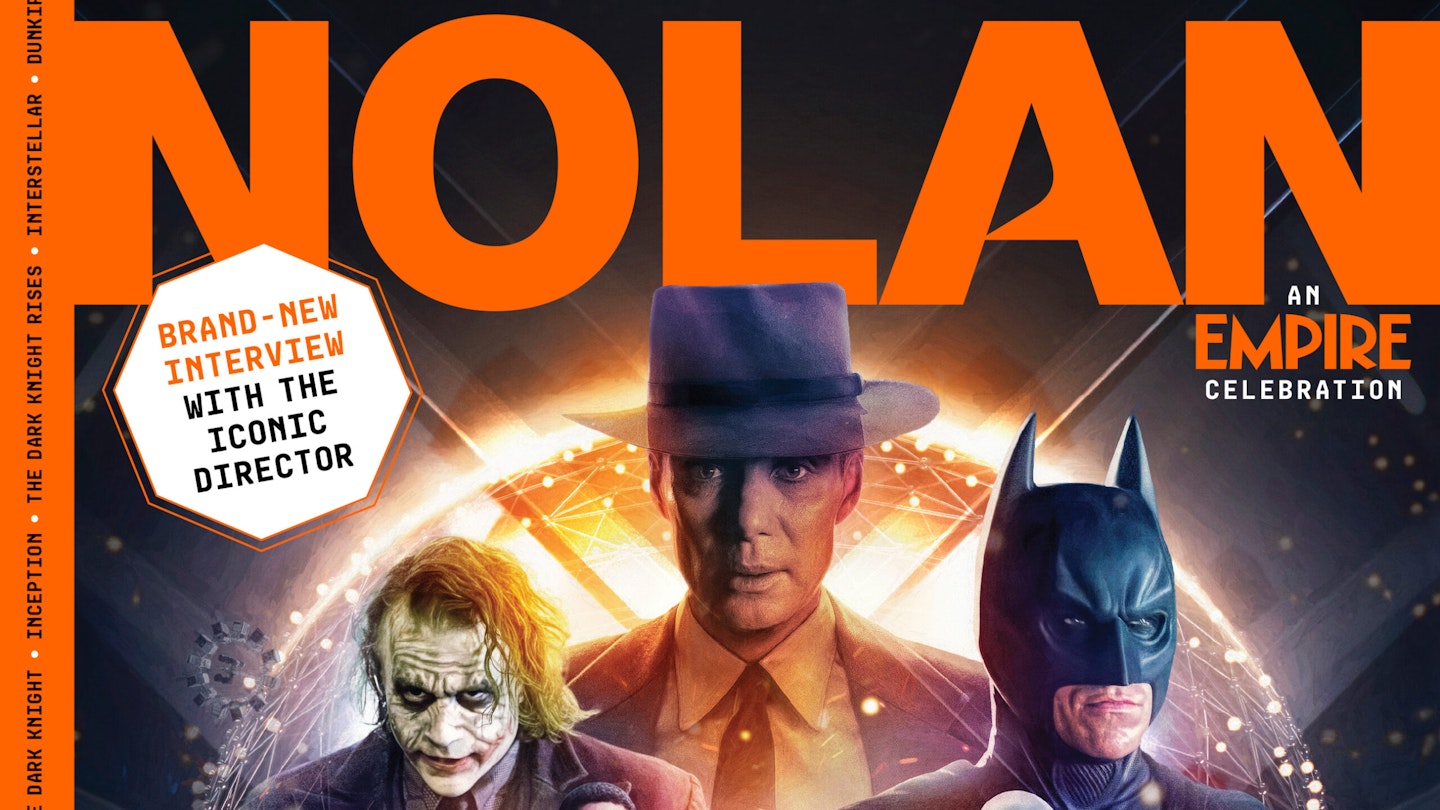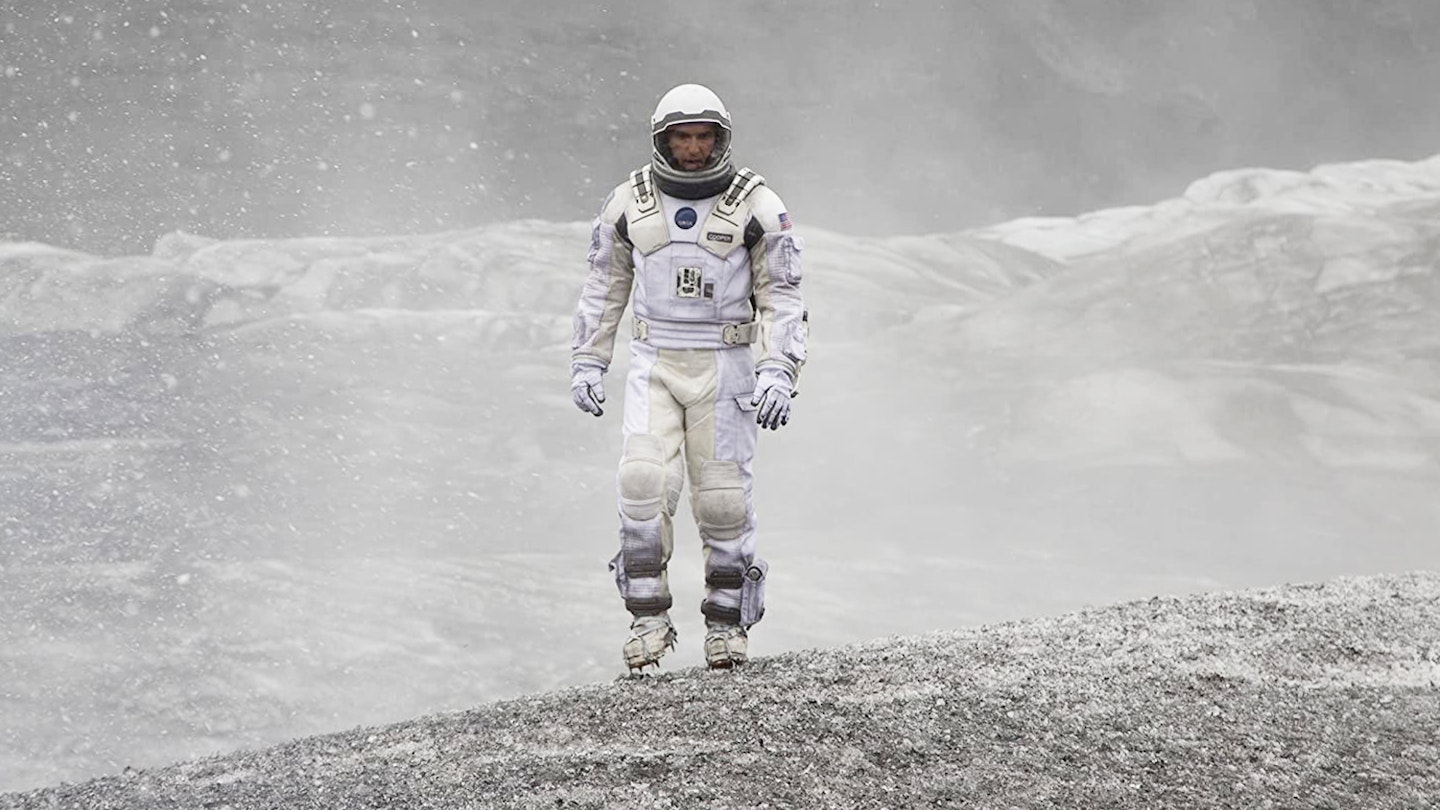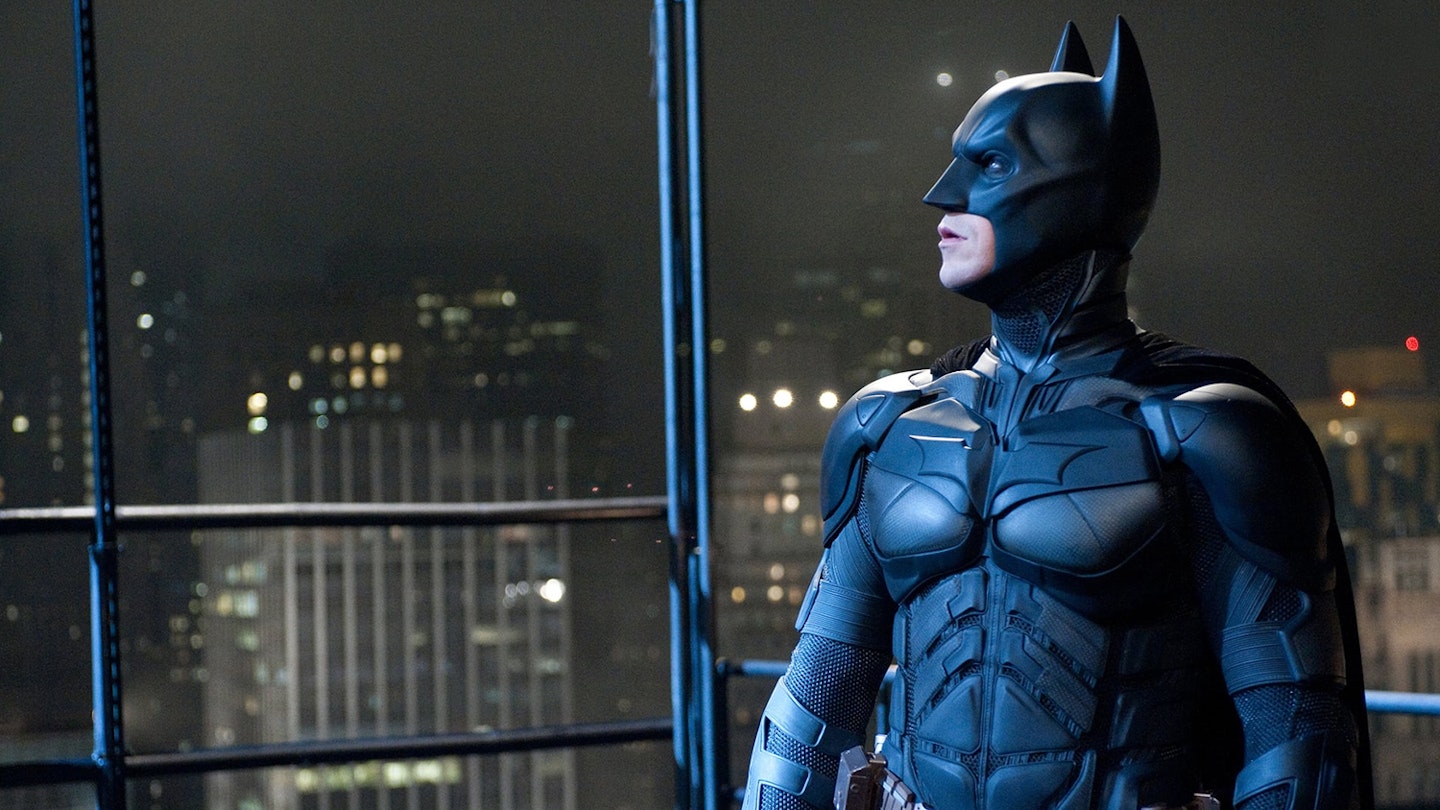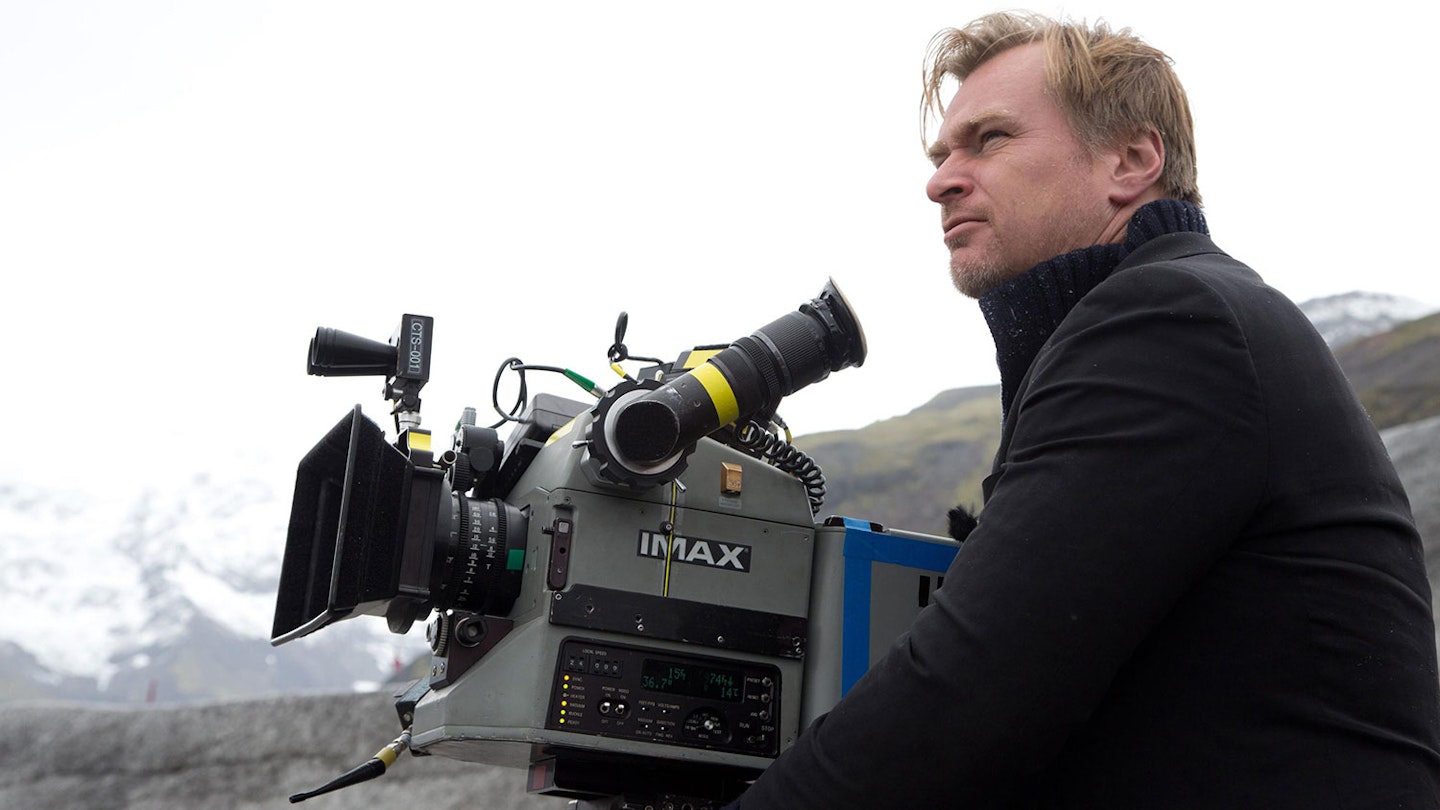For once you don't have to worry about giving away the ending, since this story starts there, with protagonist Leonard killing a man, and takes us backwards, scene by scene, to the beginning. Or rather, it's a beginning of a particular sequence of events. Although Harold Pinter did this in Betrayal, this is still something special, imaginative, and challenging, Christopher Nolan's exploration of memory and time toying with narrative and structure.
Reversed scenes overlap slightly so we know where we are, and there is crucial exposition stylishly conveyed, in black-and-white links of Leonard getting his bearings, revising his mementos and recalling the past as the story gathers momentum and takes both chilling and laugh-out-loud turns.
It's based on a short story by Nolan's brother, Jonathan, and the sneaky boys get the audience to enjoy speculating on questions about reality, the workings of the mind, self-awareness, identity and time, all within the context of a compelling murder mystery.
The actors do a great job messing with perceptions, with both Moss' enigmatic femme and Pantoliano's impatient sidekick - new to Leonard every time he encounters them - swinging from friend to foe and back again. Pearce is remarkably good, holding this together with an intent blankness across which flicker bewilderment, frustration, despair and fury.
Just try to remember that everything we think we know about Leonard - perceived from his clothes, his car, his cash, his compulsion, and his moral certainty - is as reliable as everything we think we know about ourselves
Memento's denouement is made inescapable by the fact that it has, of course, already happened. All thrillers thrive on shifting sands, self-contained nowhere worlds where allegiances change, crosses double and nobody is ever who they claim to be. Nolan's simple stroke of genius was to add the old literary trick of an unreliable narrator and thereby kick away the last remaining prop an audience could rely upon. Watchable or not, it is compelling and fascinating.
